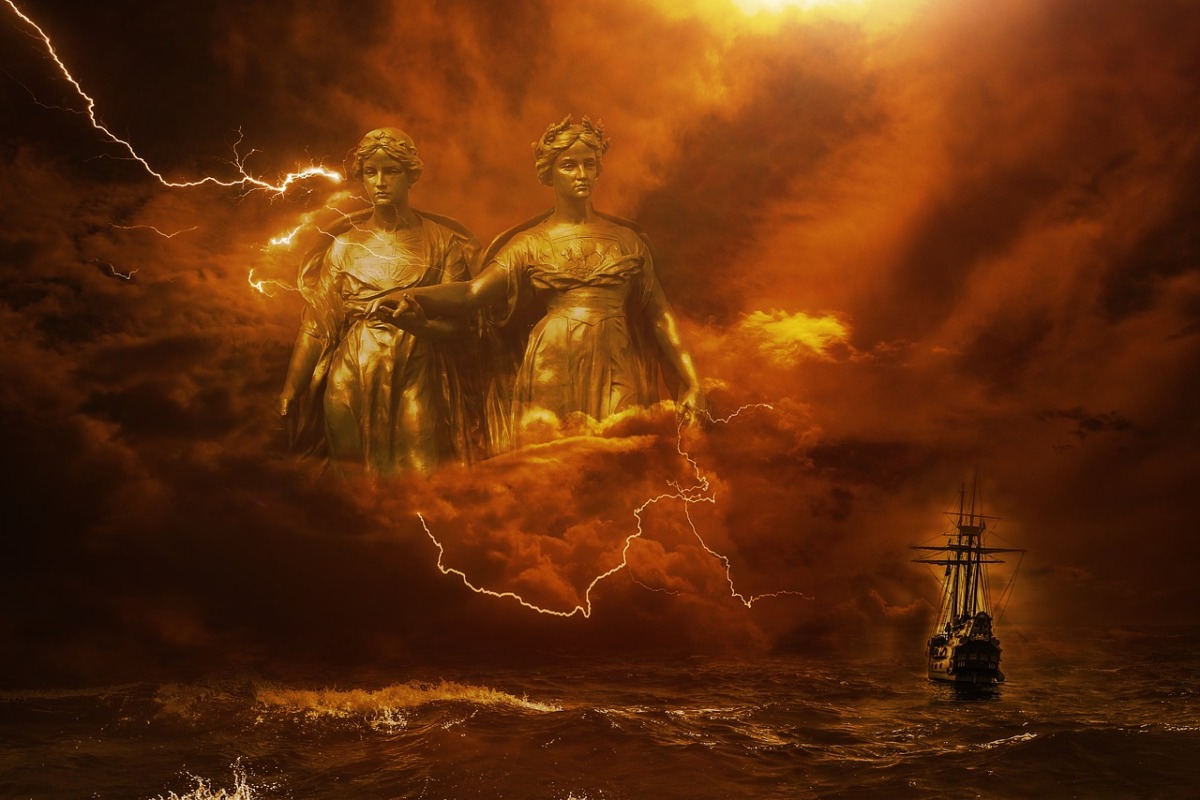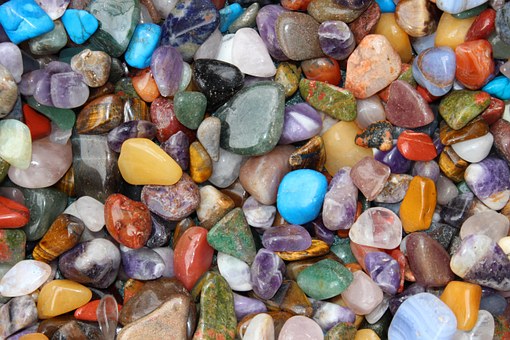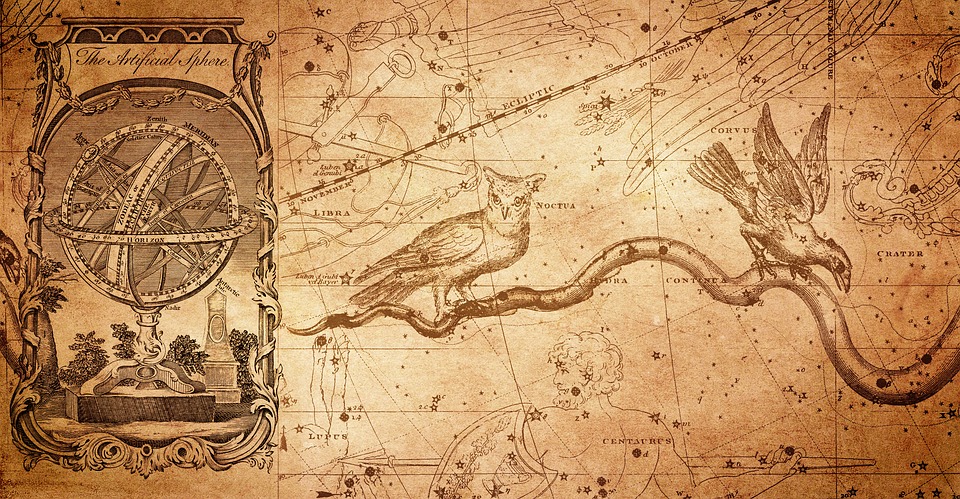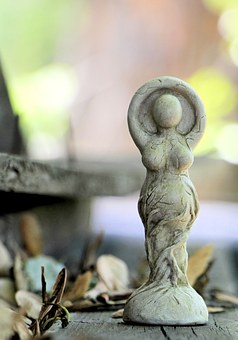The Goddess Hate
The wearisome goddess, Erida, or Hate, can best be invoked by reading the opening lines of Book 11 of The Iliad. After Dawn sheds her gentle light on mortals and immortals alike, Zeus sends Hate to the encampment of the Akhaians (Achaians). She stands on the centermost of the beached vessels and SCREAMS!!! The hearts of the soldiers are hardened as they awaken. They no longer remember their fathers or their wives and children. They rise from their beds with Hate ringing in their ears. In their hearts, they long for the sweetness of battle. Only blood will dispel the sanguine thrust of Hate.






